Ice-Maker Repair in Denver
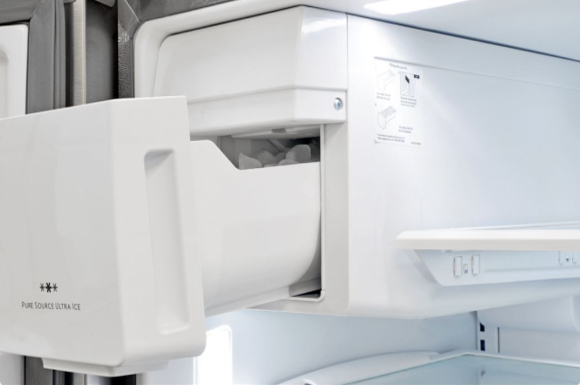
Ice-Maker Repair
The ice-maker is a great invention, which we usually take for granted, even during the hottest days of summer. It helps us to keep fresh ice on hand for everyday use. If something goes wrong with your appliance, do not get upset. Call Denver Appliance Repair at (303) 200-9921 to schedule a service appointment and we will get your ice-maker working properly again as soon as possible.
Here are some of the most common ice-maker problems and the most probable causes of it:
Ice-maker not working
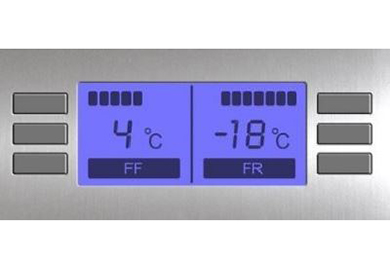
Temperature Is Too Low
The ice-maker will not produce ice cubes efficiently if the freezer temperature is too high. Ideally, the temperature should be set between 0 and 5° F or -18 and -13° C. If the freezer temperature stays above 15° F, there is probably something wrong with the appliances cooling system. This can be caused by accumulated debris on the condenser coils, preventing the coils from properly dissipating heat. The failure of the condenser fan motor to properly circulate the air, or frosted over evaporator coils restricting airflow. The evaporator coils being frosted over, indicates a failure in the defrost system, which is caused by a defective defrost control, heater or thermostat.
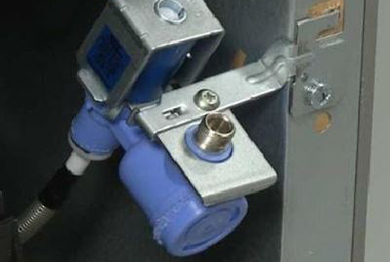
Defective Water Inlet Valve
The refrigerator’s water inlet valve controls the water being sent to the icemaker tray. The inlet valve can fail both mechanically and electrically. A mechanical failure could be caused by the build-up of mineral deposits, preventing the valve from opening. If this happens, you will need to replace the valve. Trying to clean out an old valve is not recommended due to the risk of part failure after repair. To determine if the inlet valve has failed electrically, use a multi-meter to test the valve solenoid coils for continuity. If one or more of the coils tests negative for continuity, the inlet valve will need to be replaced.
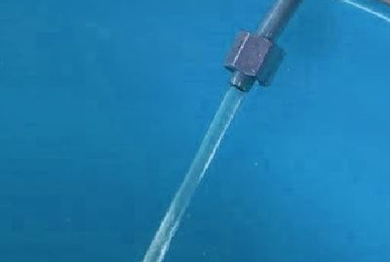
Low Water Pressure
To operate properly, the water inlet valve requires between 20 and 120 PSI. To help determine this, shut off the water supply, disconnect the supply line from the inlet valve and hold the line over a bucket. Turn the water supply back on, in a serve whether or not there is a strong flow of water jetting out of the line. A weak flow indicates a problem with the water line or the water supply valve.
Looking for Professional Repair?
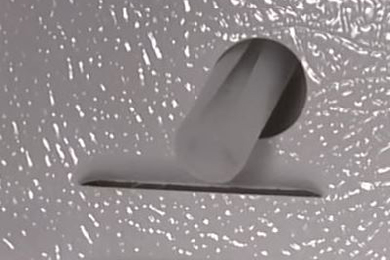
Frozen Water Supply Tube
A frozen water supply tube leading to the icemaker tray can also prevent the ice-maker from working. You can thought the supply tube by heating it with a hairdryer, but be aware that a frozen supply tube is usually caused by insufficient water pressure or a defective inlet valve.
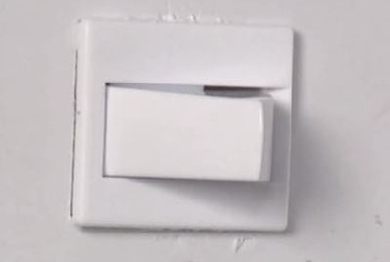
Faulty Door Switch
The door switch disables the ice dispenser when the refrigerator door is open. A faulty door switch will prevent the dispenser from working, even when the door is closed. As with the water inlet valve solenoids, you can use a multi-meter to test the door switch for continuity to determine if the part has failed or not.
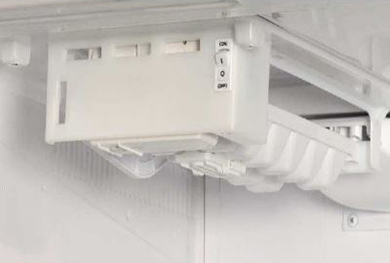
Malfunctioning Ice-Maker Assembly
One of the components inside the ice-maker assembly itself could be malfunctioning. Since these components are usually not sold separately, you will need to replace the entire assembly.
Ice tastes bad
Here are the most probable causes:
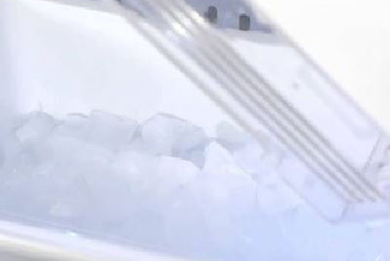
Dirty Ice Bin
If the container, where the ice is stored, becomes dirty, ice will have a bad odor and taste. Unscrew, wash and dry the ice bin. Reassemble it and check if the problem has been resolved.
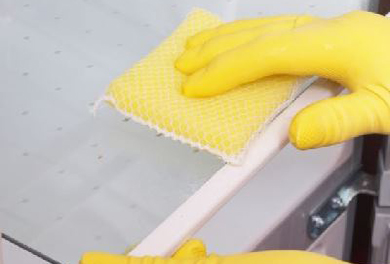
Old Food In The Refrigerator
Remove any old food from your refrigerator and wash all interior surfaces of the freezer and fridge compartment with vinegar and water solution, then dry. Check if it has helped to resolve the issue.
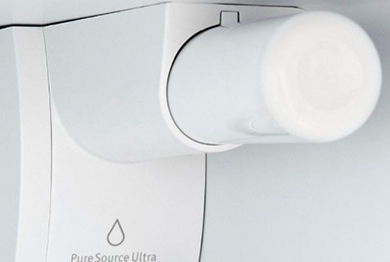
Clogged Water Filter
A bad odor or taste may mean it is time to change the filter. It is recommended that the water filter be replaced every 6 months or more often depending on use. Replace the filter with a new one suitable for your refrigerator model.